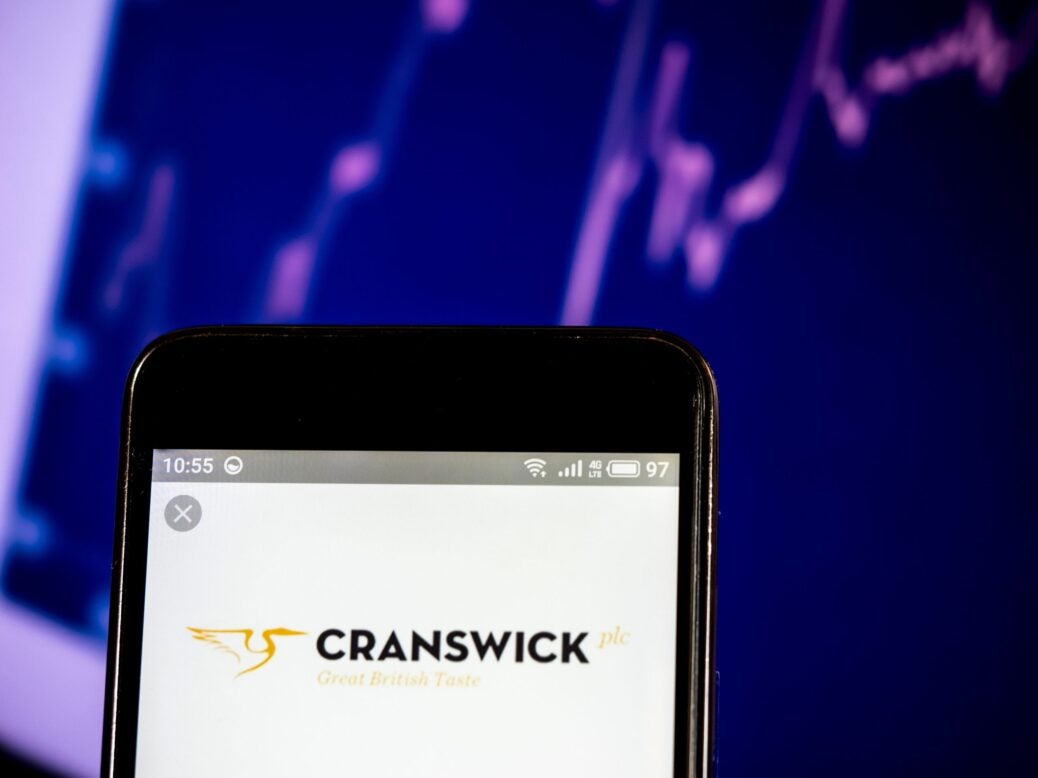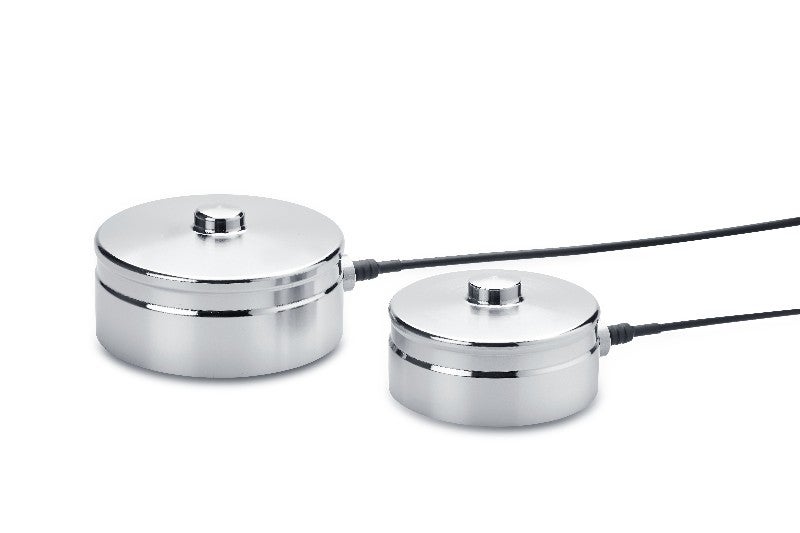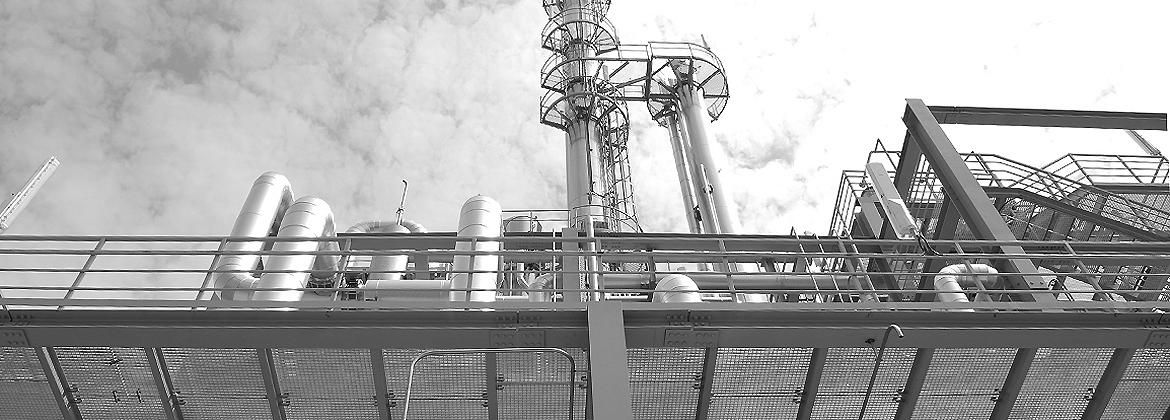
Cranswick CEO Adam Couch has said he is “extremely nervous” about what is turning out to be the UK’s worst-ever outbreak of avian influenza.
However, the head of the poultry, pork and convenience foods business, suggested the impact is more heavily felt in the “speciality” bird sector such as turkey, duck and geese.
For Cranswick, Couch said the impact is “relatively minimal in terms of operational issues at present”. Nevertheless, the company is having difficulties in sourcing turkey used in its value-added products.
“We are clearly affected by it, as are every processor in the country. We’ve got sites in surveillance zones and protection zones,” Couch told Just Food following the release of Cranswick’s first-half results. “From an operational point of view, it’s not too severe at this stage, but we are extremely nervous about it. I think it’s fair to say that the government authorities are pretty overwhelmed with the scale of the outbreak.”
Also commonly known as bird flu, the spread of the virus has prompted some UK supermarkets to limit egg purchases. The British Retail Consortium has also blamed the disruption on higher input costs putting strains on egg farmers. Packaged food manufacturers like Cranswick are also facing similar inflationary pressures.
“It’s not ideal by any stretch of the imagination, and clearly the egg guys are impacted,” Couch said when asked about the added risk of even higher poultry prices. “There will be a huge effect there I think”, he added with respect to turkey, noting Cranswick “cooks quite a bit of turkey but we can’t find that product out there”.
Cranswick’s poultry revenue climbed 7.6% in the first half of its financial year, compared to a like-for-like group increase of 10.7% to GBP1.1bn (US$1.3bn). The rise in poultry revenue “reflected a modest volume uplift and stronger pricing”. Pork revenue was up 5.9%, again led by pricing.
Couch set out the pressures Cranswick is up against. “The clear catalyst for us on an operational basis was the Ukraine war. Import prices on feed in particular increased up to 60-70% in some instances. And that made it extremely important that we work with producers and retailers to get price to stop a huge exodus out of the industry.”
Pork suppliers in Denmark and Germany – Danish Crown and Tönnies – have recently blamed a reduction in animals for slaughter on pig farmers giving up amid the higher costs.
On the prospect of further price increases at Cranswick, Couch said: “It’s difficult to say because we’ve worked very closely with the retailers in order to get to a situation that we can have a sustainable pig industry and pork processing sector, bearing in mind the UK sector is only 50% self-sufficient.
“We’ve tried to mitigate [cost pressures] as much as we can; we’ve hedged very well on energy, we’ve hedged on feed. So we’re hoping that’s somewhat limited.”
However, with respect to price elasticities, Couch added pork and poultry are still “some of the best value propositions in protein” and emphasised he is confident there is “still room for growth” there.
One pressure area Cranswick has overcome is a staffing shortage in the wake of Brexit. The company has hired 300 butchers from the Philippines to alleviate the situation a year ago when the business “struggled to get through volumes of meat to be processed because of a lack of labour”, Couch said.
“We’ll probably peak at about four hundred by the end of the first quarter next year. That’s mitigated that impact quite dramatically,” he added.
Nevertheless, Couch would like to see a relaxation of immigration rules by the government to ease worker shortages.
“Sixty-five per cent of our staff were traditionally from central Europe. We rely on that skilled migrant workforce to come in … and there’s been some relaxation of seasonal rules. But there needs to be a far more pragmatic approach to this rather than blanket non-immigration.”




